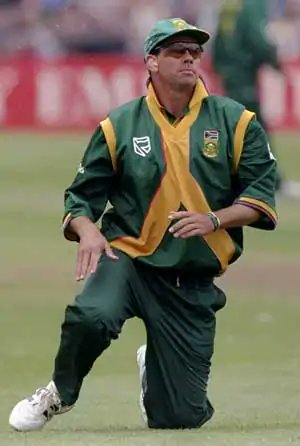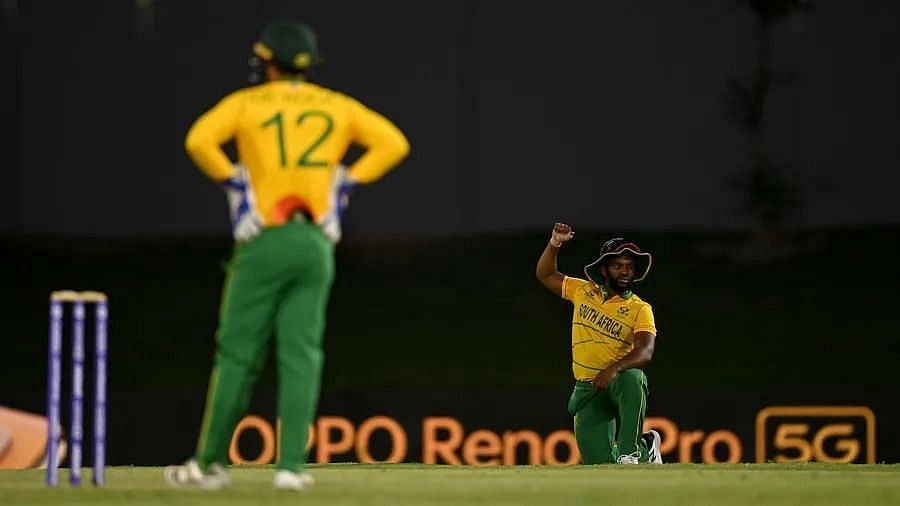
T20 World Cup 2021: 5 times controversy hit South Africa’s World Cup campaign
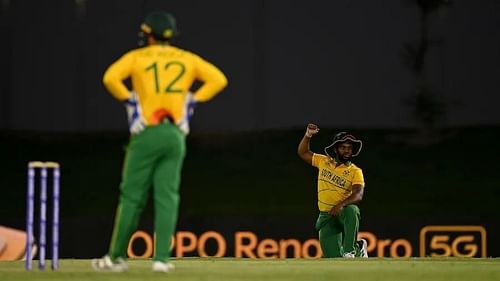
The South African cricket team found itself in the midst of a major controversy after experienced wicketkeeper-batter Quinton de Kock pulled out of the team’s T20 World Cup 2021 encounter against West Indies due to 'personal reasons'.
Both Cricket South Africa (CSA) and team captain Temba Bavuma confirmed that De Kock sat out of the game, as he wasn’t ready to take a knee ahead of the match, as instructed by CSA.
On Thursday, De Kock released an official statement and issued an apology. The left-handed batsman clarified that he was not a racist and that he was willing to take a knee in the remaining matches as part of the Black Lives Matter (BLM) initiative. The 28-year-old thus made himself available for South Africa’s remaining T20 World Cup 2021 games.
South Africa’s tryst with controversies at the World Cup
While the De Kock issue was South Africa’s first major controversy in the T20 version of the World Cup, running into trouble is not alien to the Proteas when it comes to the ICC event.
#1 1992 World Cup - The ‘unfair’ rain rule
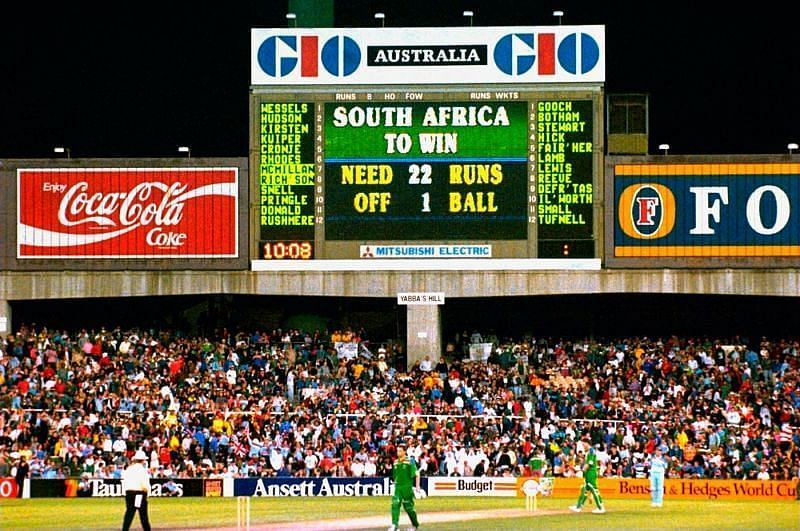
South Africa were knocked out of their maiden World Cup in 1992 in rather bizarre fashion. Led by Kepler Wessels, the Proteas were mighty impressive in their first World Cup appearance as they reached the semi-finals, where they took on England.
England batted first and posted 252-6 in 45 overs, Graeme Hick top-scoring with 83. South Africa were 231 for 6 off 42.5 overs when rain halted play. When the match resumed, the big scorecard in Sydney first displayed 22 off 7 balls as the revised target. But to South Africa’s horror, it was quickly changed to 22 off 1 ball, on the basis of the rain-rule used in those days (the actual requirement was 21 off 1 ball). There was no Duckworth/Lewis back then.
Get the latest ICC T20 World Cup score updates here every day!
While many criticised the rule, which led to South Africa’s exit, a few critics pointed out that they had themselves to blame too. The Proteas only allowed England to play 45 overs in their stipulated time period by using time-wasting tactics, thus robbing the batting side of crucial slog overs.
Back then, a team’s innings ended when the allotted time was over, even if the bowling side hadn’t completed 50 overs. South Africa’s own target was revised based on the 45 overs they sent down.
#2 1999 World Cup - The ‘earpiece’ controversy
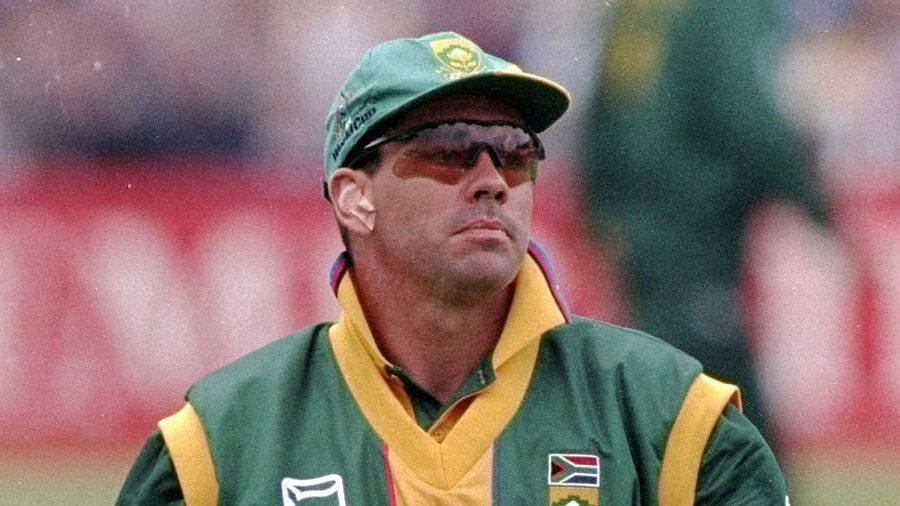
During South Africa’s opening match in the 1999 World Cup played against India in Hove, captain Hansie Cronje and fast bowler Allan Donald walked out to the field with earpieces. This was an idea devised by coach Bob Woolmer to interact with players out in the middle.
The television commentators were quick to spot the earpieces. Indian batter Sourav Ganguly, who was opening the batting with Sachin Tendulkar, drew the attention of the umpires, Steve Bucknor and David Shepherd, towards the same.
The on-field officials, after having a chat with Cronje, approached match referee Talat Ali for a ruling. Ali, in turn, contacted the ICC and was told that while the earpieces were technically not breaching any rules, they were unfair. During the drinks break, Ali instructed the two South African players to get rid of their earpieces.
